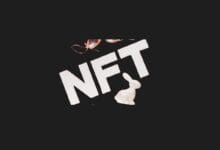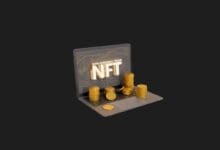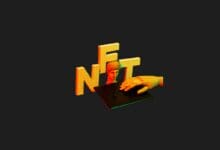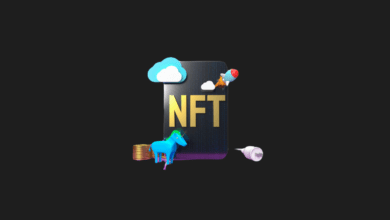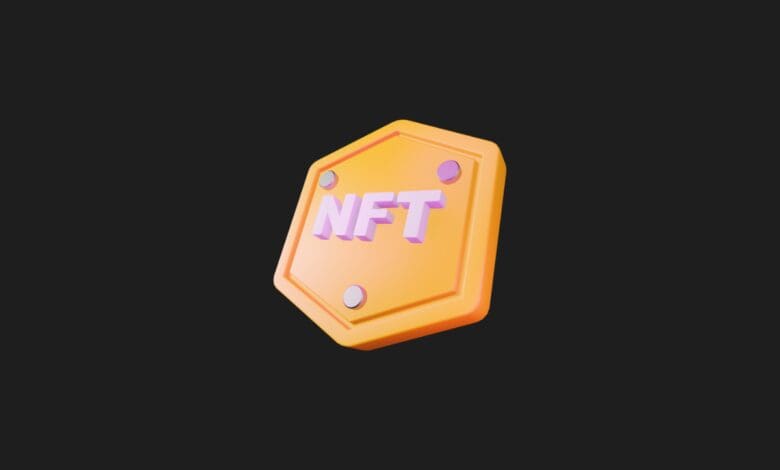
Understanding the Term “Apeing” in NFTs: A Beginner’s Guide
In the fast-paced world of NFTs (Non-Fungible Tokens), new trends and jargon are constantly emerging. One such term that has gained popularity in the crypto and NFT space is “apeing.” If you’re new to NFTs or the broader cryptocurrency ecosystem, you might be wondering what “apeing” means and why it’s become so significant. This article will break down the concept of apeing, how it applies to NFTs, and what you should know before participating in this trend.
What is Apeing?
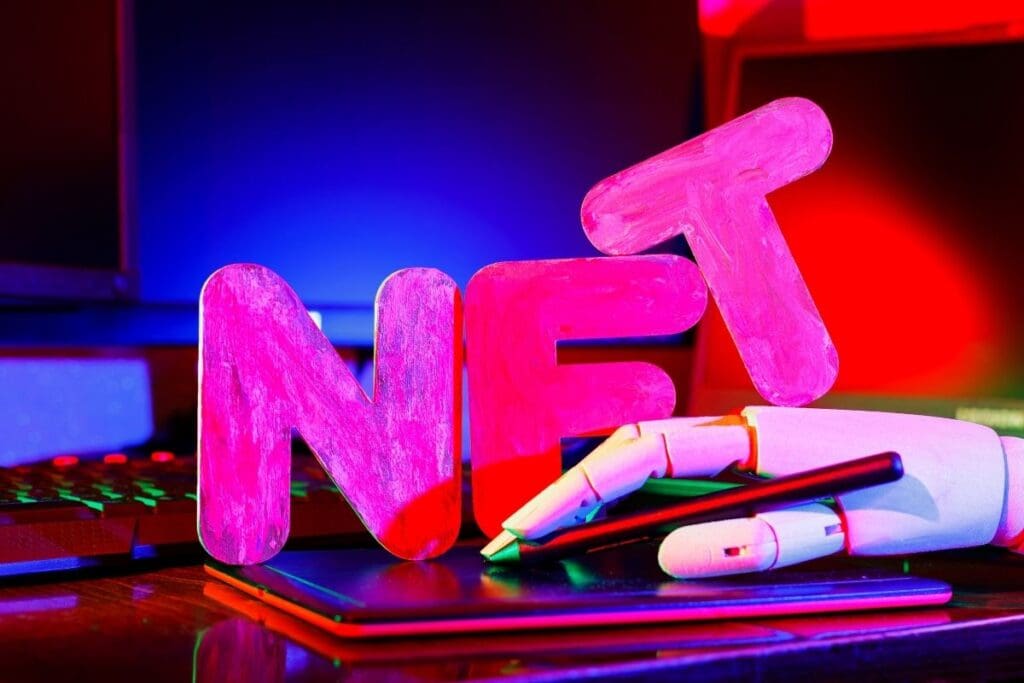
“Apeing” refers to the practice of quickly investing a significant amount of money into a newly released NFT project without conducting extensive research or due diligence. The term originated from the idea that investors “ape in,” mimicking others who are buying into a project, often out of fear of missing out (FOMO). This behavior is particularly common in the NFT space, where new projects can gain popularity rapidly, and early adopters can potentially make substantial profits.
The Origins of Apeing
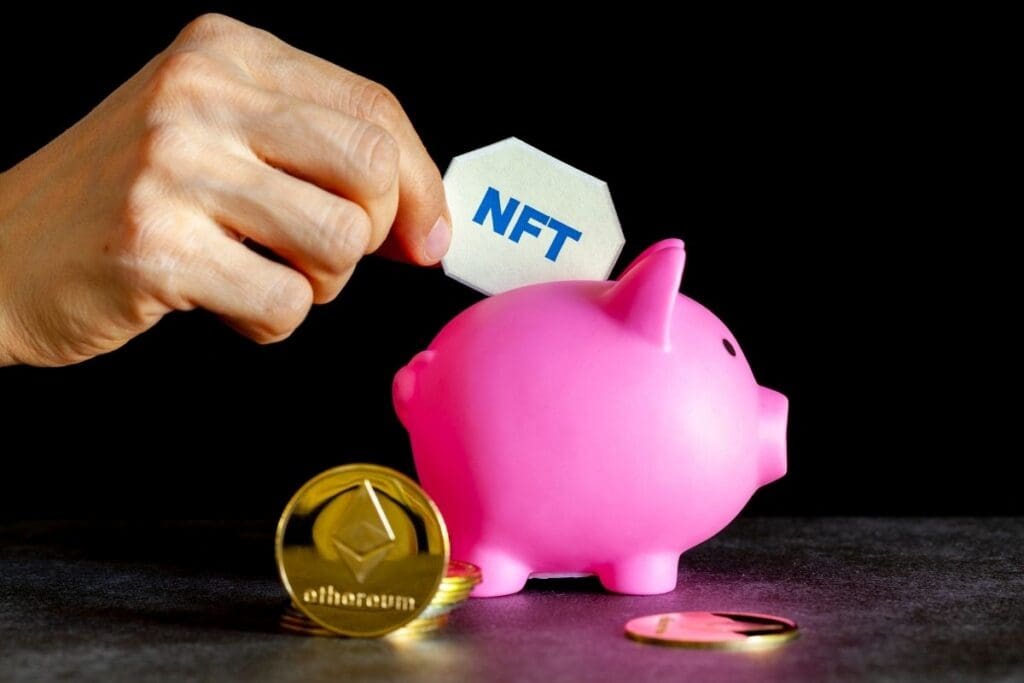
The term “apeing” has its roots in the broader cryptocurrency world, where it was first used to describe the behavior of investors who would hastily buy new tokens without fully understanding the project or the risks involved. As the NFT market exploded, the term transitioned into the NFT community, where it now describes a similar phenomenon but with digital assets like art, collectibles, and virtual real estate.
Why Do People Ape into NFT Projects?
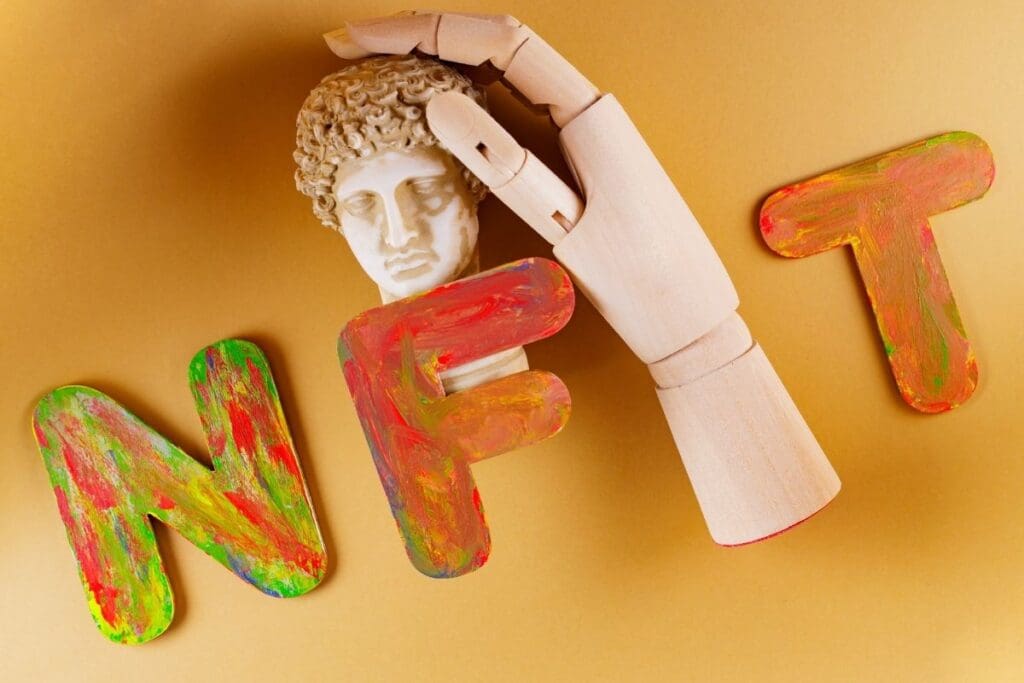
- Fear of Missing Out (FOMO): One of the primary drivers behind apeing is FOMO. Investors see others making large returns on new projects and rush to buy in, hoping to replicate those gains.
- Hype and Influencer Promotion: In the NFT space, hype plays a crucial role. Influencers, celebrities, and prominent figures in the crypto community can drive massive interest in new projects. When these figures endorse a project, it can lead to a rush of people apeing in.
- Potential for High Returns: Early adopters of successful NFT projects can see massive returns on their investments. This potential for high profits can make apeing an attractive, albeit risky, strategy.
The Risks of Apeing

While apeing can lead to substantial gains, it is also fraught with risks:
- Lack of Due Diligence: By its nature, apeing involves minimal research. Investors may not fully understand the project, the team behind it, or the market conditions, which can lead to significant losses.
- Market Volatility: The NFT market is highly volatile, with prices of digital assets swinging dramatically in short periods. Projects that seem promising initially can quickly lose value, leaving those who ape in with unsellable or devalued assets.
- Scams and Rug Pulls: The anonymity of the crypto world makes it ripe for scams. Some projects are designed to attract investors quickly and then disappear, leaving buyers with worthless NFTs. This type of scam is known as a “rug pull.”
How to Protect Yourself When Apeing
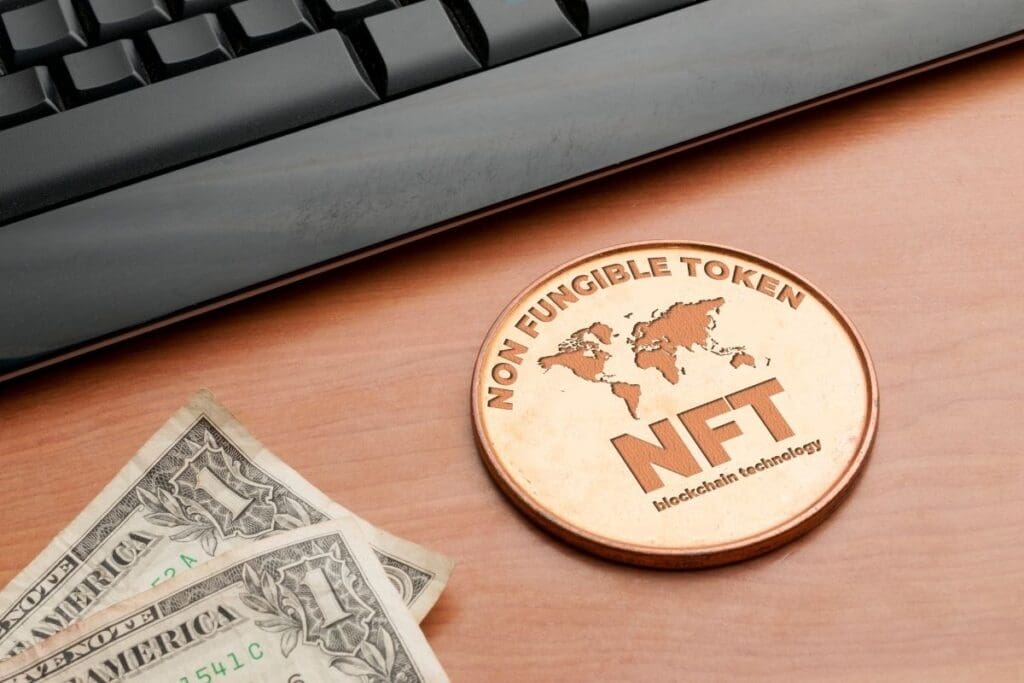
If you’re considering apeing into an NFT project, here are some tips to mitigate risks:
- Do Your Research: Even if you’re excited about a project, take the time to learn about it. Understand the team, the project’s goals, and its roadmap.
- Start Small: Instead of going all-in, consider making a smaller initial investment. This way, you can gauge the project’s progress and the market’s response before committing more funds.
- Stay Informed: Follow NFT news, join communities, and stay up-to-date on the latest trends. Being informed will help you make better decisions and spot potential red flags early.
- Diversify: Don’t put all your eggs in one basket. Diversifying your investments across different projects can help spread risk.
Apeing is a term that encapsulates the high-risk, high-reward nature of the NFT market. While it can be tempting to dive headfirst into new projects, it’s crucial to balance excitement with caution. By understanding the risks and taking steps to protect yourself, you can navigate the NFT space more safely and potentially capitalize on the next big opportunity.
You may also like this content
- What is DYOR? Its Importance and Role in the NFT Space
- Understanding Dutch Auction in the World of NFTs
- Discord: The Digital Hub for NFT Communities
Follow us on TWITTER (X) and be instantly informed about the latest developments…

